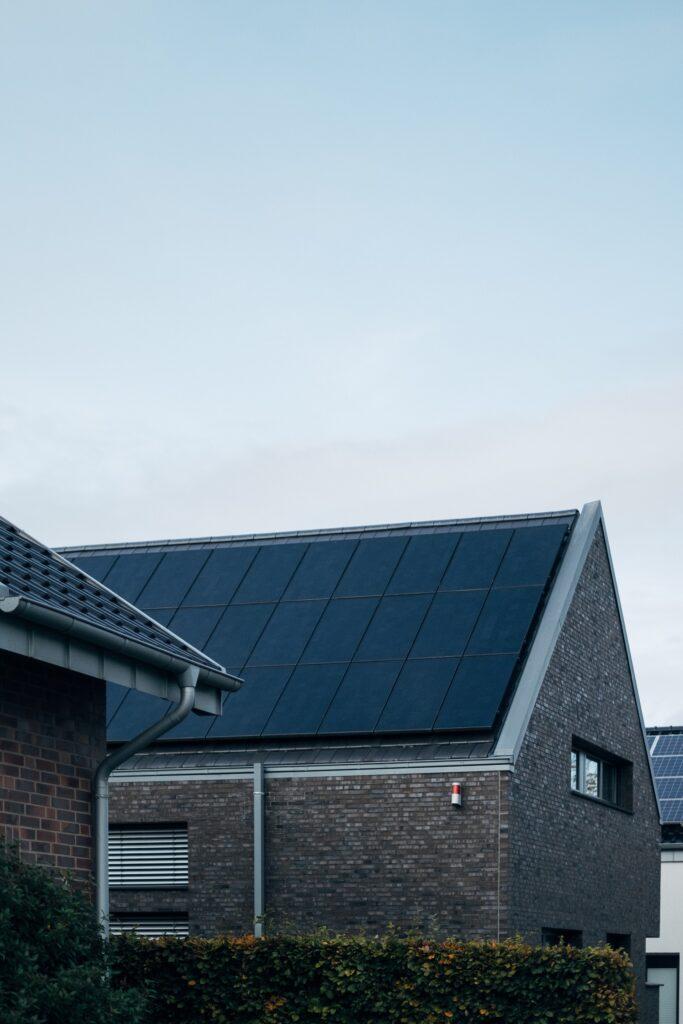Solar panels, a beacon of renewable energy, are being widely adopted across homes and businesses. But, how do they fare in gloomy weather or during the chilly season? This article delves into the effectiveness of solar panels in the winter or when the sun plays hide and seek.
Solar Panels: How They Operate in Cloudy Conditions
It’s a common misconception that a solar panel requires blazing sun to function effectively. However, these panels harness and convert visible light into electricity, even on overcast days. True, during extremely cloudy or rainy days, there might be some decrease in output, but they’re far from being unproductive. They’re designed to capture diffused light, which means even when the sun isn’t shining brightly, your panels are still hard at work.
Winter Months and Solar Panel Performance
Contrastingly, solar panels can often operate more efficiently in colder temperatures. Cold environments can actually enhance electrical conductivity, making solar panels produce energy more efficiently. However, challenges like shorter daylight hours and potential snow coverage do exist. Yet, when snow is cleared off panels, they can leverage the reflection from snow (known as the “albedo effect”), potentially increasing the amount of light they receive and enhancing their efficiency.
In conclusion, while winter and cloudy days might seem like barriers, they don’t render solar panels useless. With appropriate maintenance and positioning, these panels can effectively cater to your energy needs throughout the year.
If this has piqued your interest in solar energy, or if you’re contemplating joining the solar revolution, consider reaching out to an expert. Jim The Solar Guy, touted as the best and most affordable solar company in Las Vegas, is your go-to for all things solar. Why wander in the dark when you can have an expert guide you? Illuminate your path with Jim, and let the sun power your journey.

